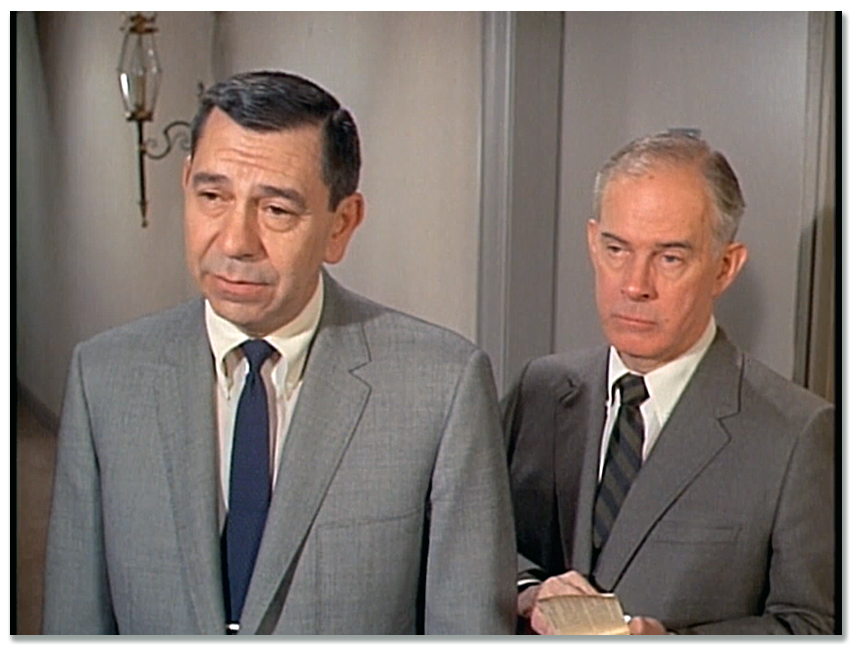We post news and comment on federal criminal justice issues, focused primarily on trial and post-conviction matters, legislative initiatives, and sentencing issues.

WHAT WILL BE ADDED TO FIRST STEP IN THE WHITE HOUSE DEAL?
As we have reported, the Trump Administration is brokering a deal to amend the FIRST STEP Act to include some of the sentencing reform provisions of the Sentencing Reform and Corrections Act. The compromise, intended to appease SRCA co-sponsors Sen. Charles Grassley (R-Iowa) and Sen. Richard Durbin (D-Illinois), should clear the way for a Senate vote on FIRST STEP, and passage of some badly needed prison reform.
 Not everything in SRCA will get dropped into the Senate version of the FIRST STEP Act. Nevertheless, what is proposed is significant to a lot of people.
Not everything in SRCA will get dropped into the Senate version of the FIRST STEP Act. Nevertheless, what is proposed is significant to a lot of people.
The SRCA additions to FIRST STEP will probably include:
• Reductions in some drug mandatory minimums, reducing penalty from life to 25 years for a third drug conviction, and from 20 to 15 years for a second drug conviction.
 • Ending 18 USC 924(c) “stacking” charges. This provision would prohibit the doubling up of mandatory sentences for carrying a gun during drug or violent crime offenses. The way 924(c) is written now, a defendant who carries a gun while selling pot three days in a row commits three separate 924(c) offenses. The first one carries a consecutive 5 years, and the second and third each carry a consecutive 25 years, meaning the defendant gets 55 years plus the pot sale guidelines. The change in the law makes clear that the increased penalty for a second or third 924(c) offense applies only after conviction for the first one.
• Ending 18 USC 924(c) “stacking” charges. This provision would prohibit the doubling up of mandatory sentences for carrying a gun during drug or violent crime offenses. The way 924(c) is written now, a defendant who carries a gun while selling pot three days in a row commits three separate 924(c) offenses. The first one carries a consecutive 5 years, and the second and third each carry a consecutive 25 years, meaning the defendant gets 55 years plus the pot sale guidelines. The change in the law makes clear that the increased penalty for a second or third 924(c) offense applies only after conviction for the first one.
• Increase “safety valve” application. This provision would give judges more discretion in giving less than the mandatory minimum for certain low-level crimes, including people with Criminal History II in the safety valve provisions of 18 USC 3553(f).
• Retroactivity for the 2010 Fair Sentencing Act. This provision would make the FSA, which changed sentencing guidelines to treat offenses involving crack and powder cocaine more equally, retroactive to people sentenced before the law went into effect.

Last Friday, FAMM released an extended series of fact sheets reviewing which SRCA sentencing provisions are in play. The document, written as a memo to Congress members and staff, is entitled “Fact sheets explaining potential sentencing additions to FIRST STEP Act.” It explains in detail the provisions possibly being added to FIRST STEP, and describes cost savings and justice issues surrounding each.
Also last week, Marc Holden, general counsel to Koch Industries and point man for the Koch initiatives on criminal justice reform, wrote, “By supporting these smart-on-crime, soft-on-taxpayers reforms, President Trump is demonstrating exemplary leadership. If Congress is able to pass the FIRST STEP Act with these sentencing provisions included, it would give the president a lasting, landmark achievement on criminal justice reform that has eluded previous administrations.”
FAMM, Facts sheets explaining potential sentencing additions to FIRST STEP Act (Aug. 10, 2018)
Freedom Partners, President Trump is Leading on Criminal Justice Reform; Senate Should Send Him a Bill (Aug. 9, 2018)
– Thomas L. Root

